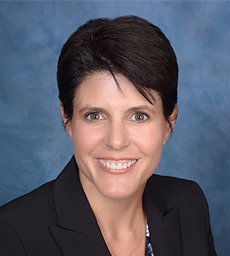Whether a person will be found to be a parent of a child is less a matter of biology than it is of acting like a parent—receiving a child into your home and holding the child out as your own. Family law gives significant weight to the relationships forged between a person acting as a parent and a child. Presumed parents can be fathers or mothers and the law has changed and continues to emerge to encompass a broadened definition and understanding of family. Courts are called upon to resolve competing claims of parentage between a person who has a biological relationship to the child and a person who voluntarily signed a declaration of paternity, a legal form wherein a person claims parentage. Further, under Family Code section 7612, three people may be found to be parents of a child.
A parentage proceeding is appropriate when a person claims to have a parental relationship to a child and he or she is not married to the person who gave birth to the child.
Assisted Reproduction:
Under Family Code section 7606, assisted reproduction is conception by any means other than sexual intercourse. This is another emerging area of law and it includes egg donation, sperm donation, surrogacy, and embryo donation. In only the last two years legislation has been enacted to expand the definition of “sperm donor,” to create the definition of “egg donor” and to increase California’s jurisdiction in surrogacy matters.
To avoid some of the many potential conflicts that can arise out of Assisted Reproduction, well-drafted assisted reproduction agreements are critical.
Contact Ms. Rizzo about your parentage or assisted reproduction issue or for assistance with sperm donor agreements, egg donor agreements, Co-maternity agreements, or surrogacy agreements.



